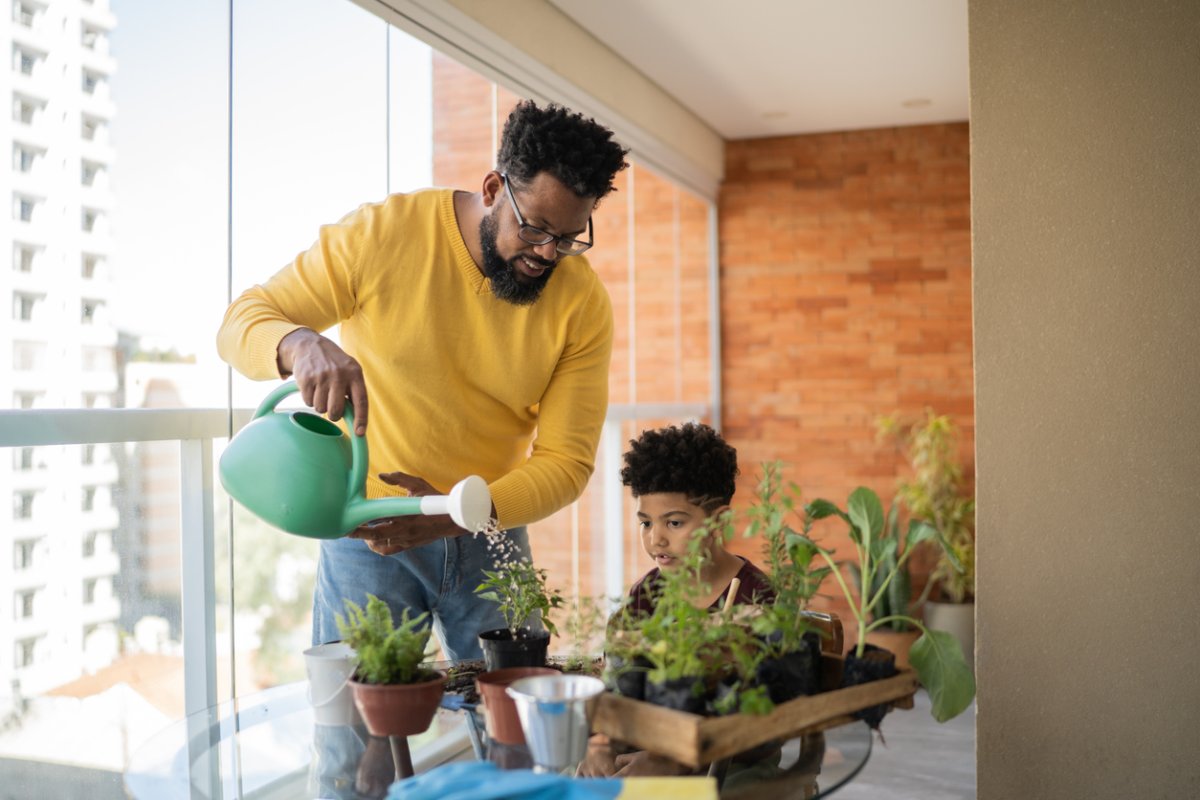

We may earn revenue from the products available on this page and participate in affiliate programs. Learn More ›
Commercial farms, public landscapes, community gardens, and backyard planting plots enhance our lives with bounty and beauty. Doing so would be a lot more difficult without the contributions of the many African-Americans who devoted their lives to advancing agriculture, horticulture, botany, and landscaping. We picked a dozen to honor here, from famous historical figures to contemporary innovators, and we hope they’ll inspire you to get growing today!
George Washington Carver

Born into slavery and freed during abolition, Tuskegee University educator George Washington Carver is perhaps our country’s best known botanist. He devised a method of crop rotation, alternating peanuts and other legumes with crops such as corn, to improve nitrogen-depleted soil ravaged by growing cotton.
The practice helped southern farmers, black sharecroppers in particular, diversify their crops and maintain soil quality. Carver went on to develop hundreds of uses for peanuts, including flour, dyes, soap, mechanical oils, and linoleum.
Edmond Albius
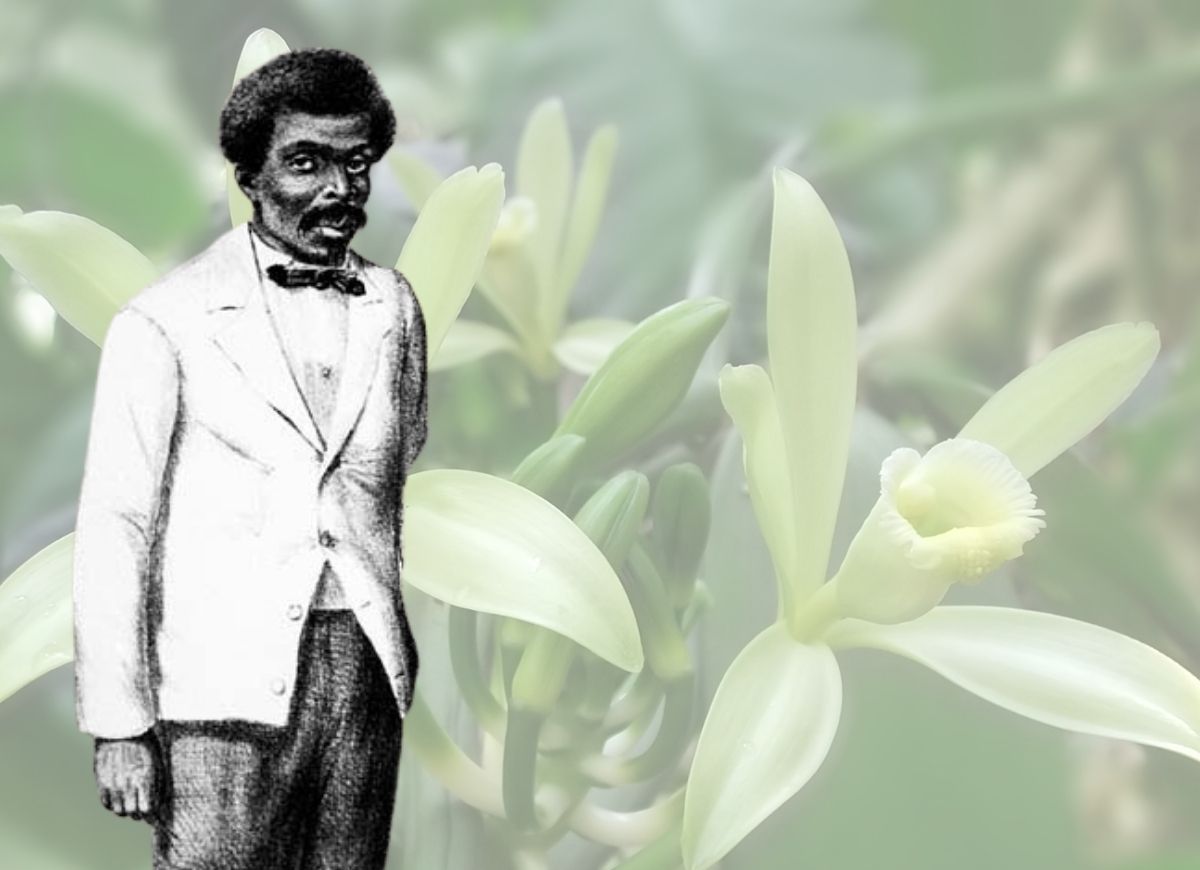
As a 12-year-old child enslaved on the Indian Ocean island of Réunion, Edmond Albius discovered a quick and simple method of hand-pollinating vanilla orchids. This method revolutionized the industry, enabling the island to become the largest vanilla supplier in the world. Though Albius’ method is still in use today his story is unfortunately far more bitter than sweet. While plantation owners grew rich, the inventor himself never reaped financial reward or gained significant recognition for his discovery during his lifetime.
Robert Lloyd Smith
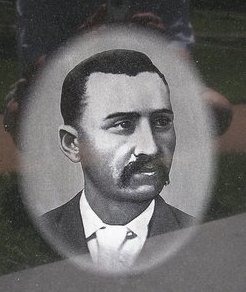
Though born during slavery, Robert Lloyd Smith was the son of free parents who initially became a teacher. In 1890, in response to the oppressive nature of the sharecropper system, Smith founded the Farmers’ Home Improvement Society, a cooperative that promoted farming. The society helped by promoting more efficient practices, establishing networks, and generating wealth through savings.
The society’s success led the way for both the Farmers’ Improvement Agricultural College and the Farmers’ Improvement Bank. This remarkable educator and businessman was also a politician who served two terms in the Texas State Legislature.
Booker T. Whatley
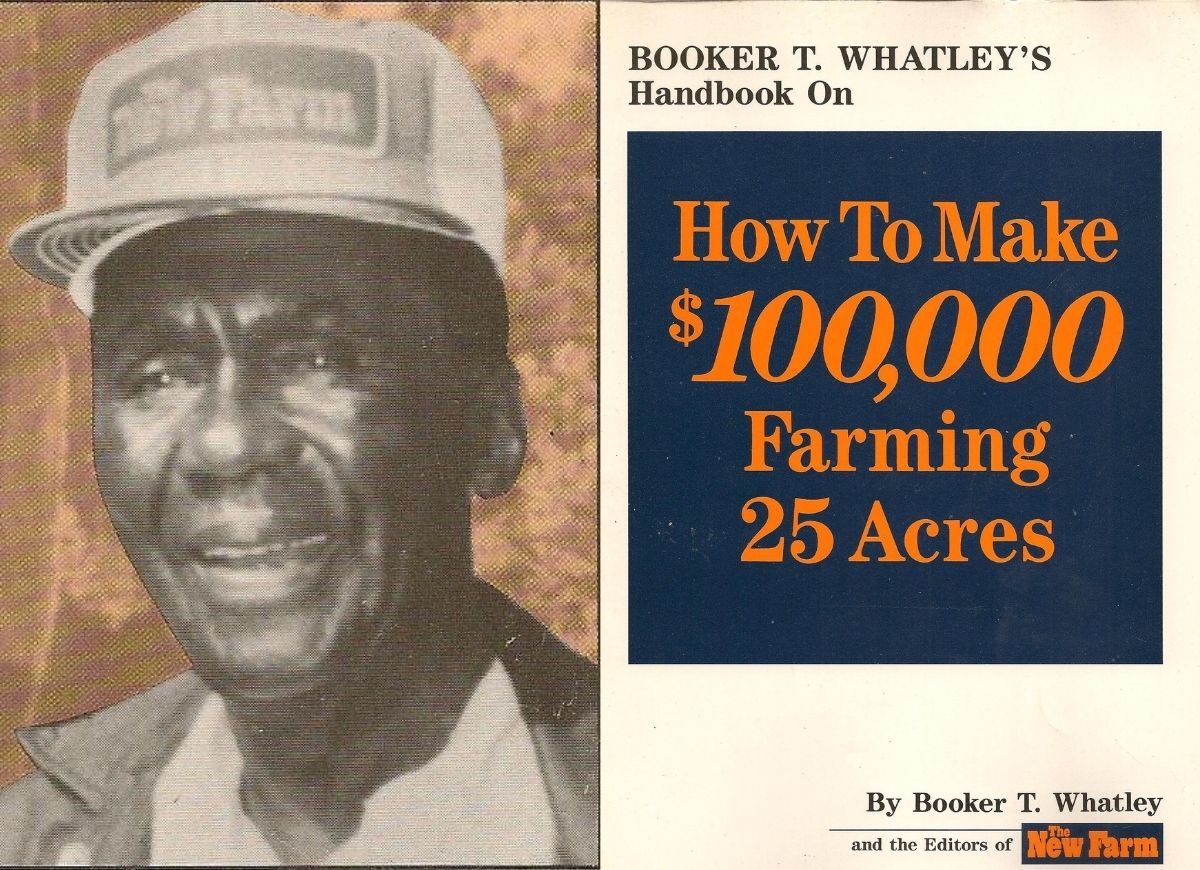
An agricultural giant of the post-World War II era, Booker T. Whatley was a pioneering proponent of biodiversity and sustainable farming. The Tuskegee University professor worked to aid struggling farmers, fostering efficiency with an approach that was equal parts science and common sense and that encouraged minimizing waste, maximizing acreage, and planting wisely.
Dr. Whatley advocated for pick-your-own farms and the concept of clientele membership clubs, in which customers paid farmers up front for an entire season of food (a precursor to today’s cooperative and subscription choices). His 1987 book, How to Make $100,000 Farming 25 Acres, remains invaluable to small farmers today.
Marie Clark Taylor
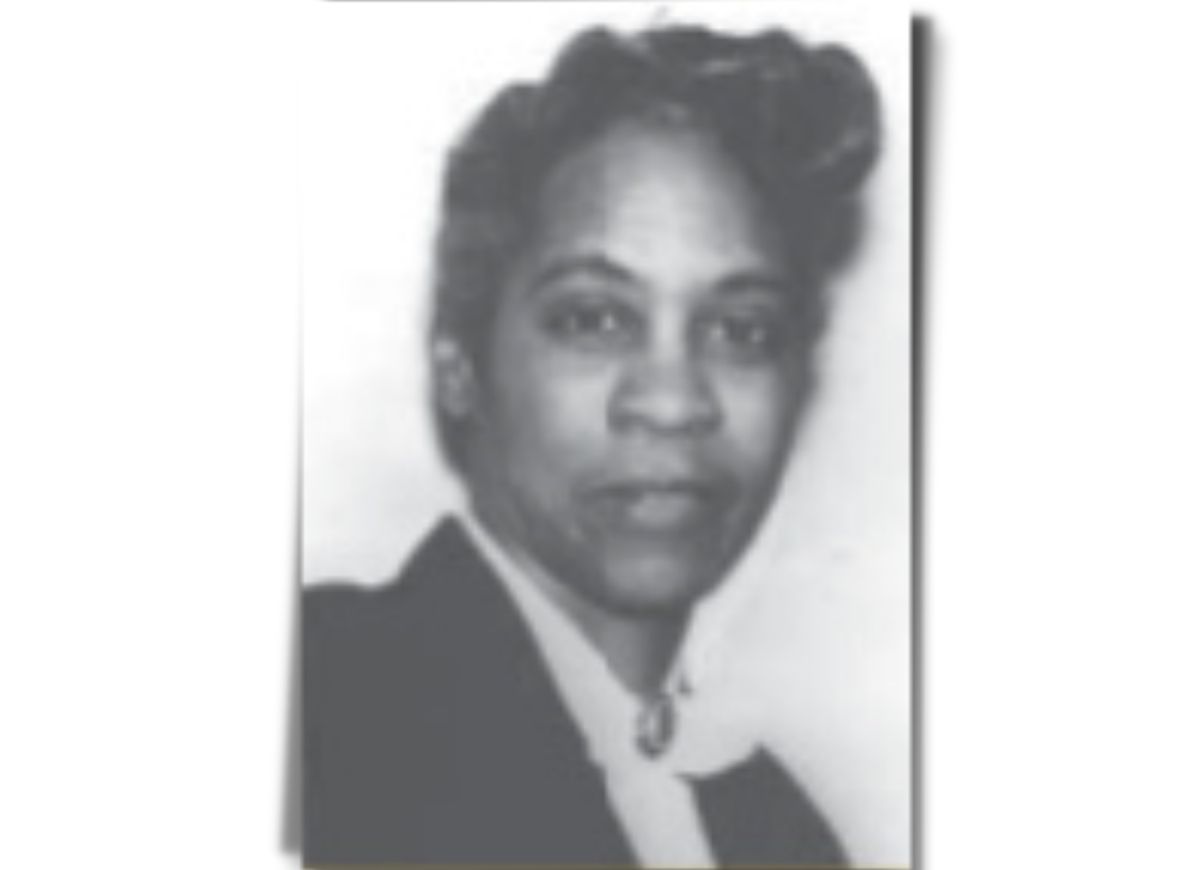
The first black woman to earn a Ph.D. in botany, Marie Clark Taylor was a plant physiologist who first made her mark studying how plants respond to light. As the head of the botany department at Howard University, Dr. Clark contributed to the design and construction of a new biology building with a rooftop greenhouse laboratory. Perhaps her greatest calling, however, was to help other educators, scientists, and engineers grow—not just at the university but at the elementary and high school level. She developed curricula, inspired curiosity, and popularized new methods of teaching science.
Abra Lee
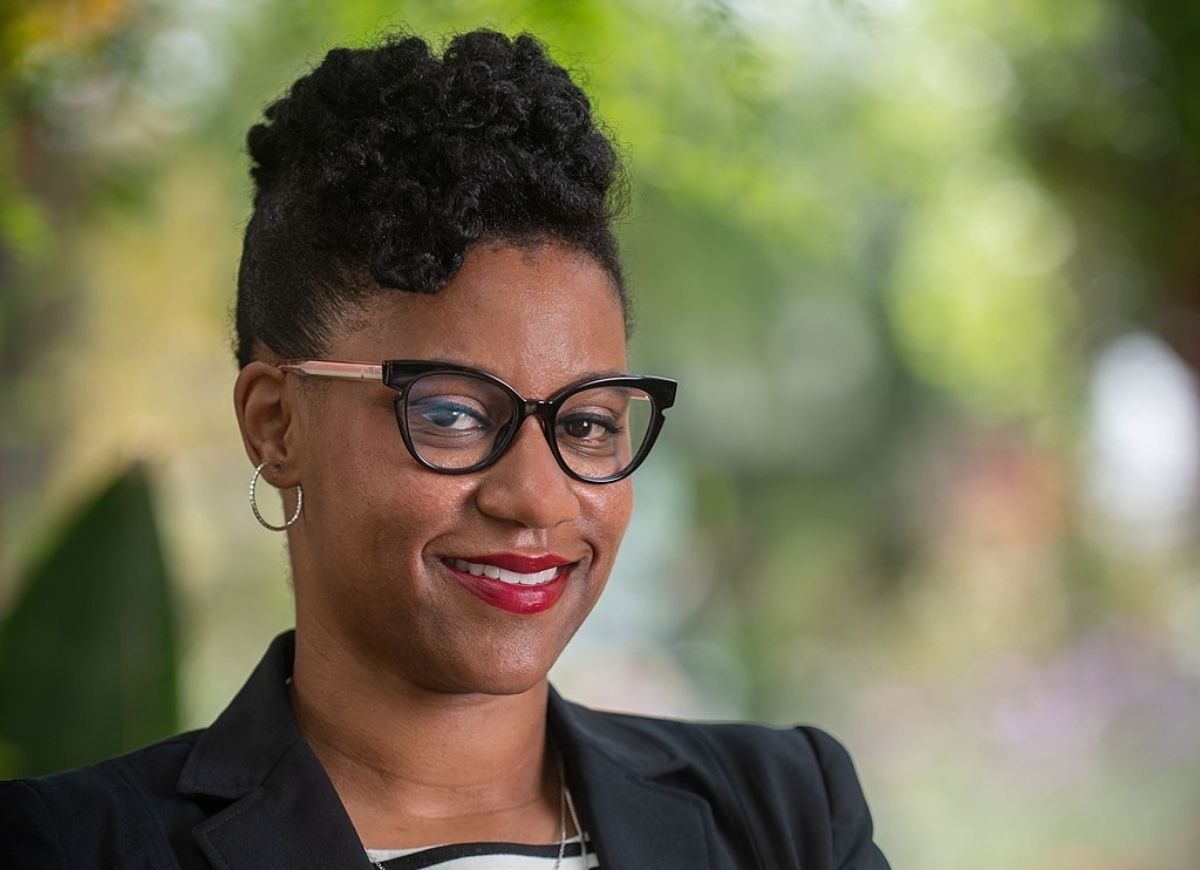
Ordinary folks deserve beauty in their everyday environment, and horticulturist Abra Lee has made a career out of bringing green serene style to public places. She has served as the landscape manager at Atlanta’s Hartsfield-Jackson Airport, as a municipal arborist at City of Atlanta Department of Parks, and as a fellow at Longwood Gardens in Pennsylvania. Combining her passion for horticulture and history, Lee is the author of Conquer the Soil: Black America and the Untold Stories of Our Country’s Gardeners, Farmers, and Growers, which will be published this year.
Mercedes Ward

Urban dwellers know how vital verdant, open, and fitness-oriented spaces are to survival in the concrete jungle, and those who live in Brooklyn, N.Y., have Mercedes Ward to thank for much of theirs. As a landscape architect for the New York City Department of Parks and Recreation, Ward is responsible for redesigning, upgrading, and managing the borough’s parks and playgrounds. Prior to holding this position, the Penn State University graduate worked on residential, environmental, and economic sustainability initiatives for the city.
Ietef Vita
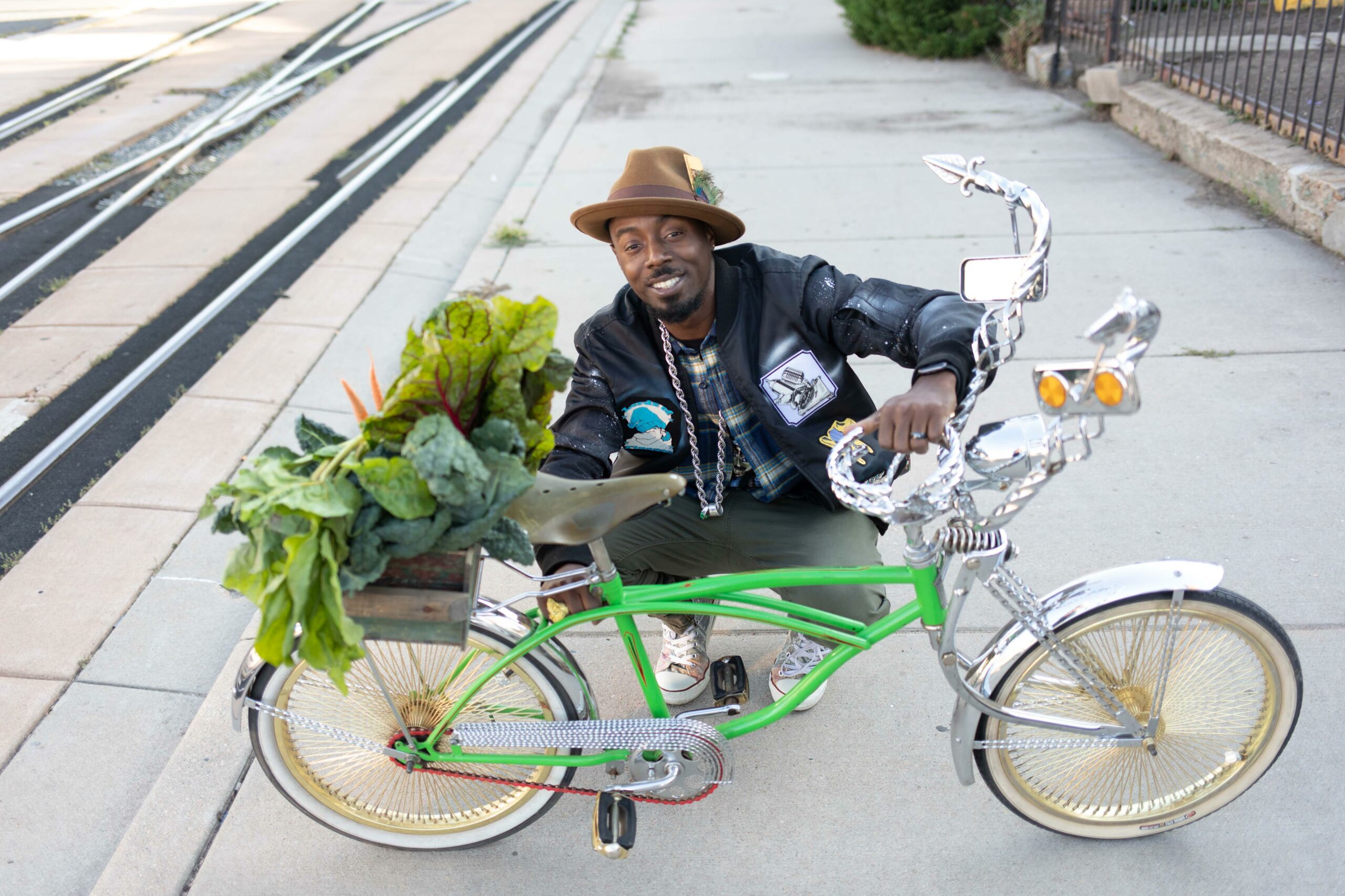
Like most rappers, Ietef “DJ Cavem” Vita spends ample time in the recording studio and on concert stages, but when Covid-19 put the kibosh on his touring plans, the vegan “father of eco-hip-hop” opted to empower the hungry. His mission? Mailing out thousands of kale, beet, and arugula seeds to urban farmers in cities across the country.
Vita’s efforts to help ease food shortages in disadvantaged areas might bring him a bushel of new fans in the process: His seed packets feature a QR code that let folks hear BIOMIMICZ, his latest album.
Leah Penniman

Teaching folks about their right to food sovereignty is the grassroots mission of activist Leah Penniman, co-director and farm manager of Soul Fire Farm. Penniman and her team spent 4 years enriching the soil and building infrastructure at the Upstate New York Afro-Indigenous community, which opened in 2010. From there, the author of Farming While Black expanded her reach to do it all, from educating farmers and presiding at food justice workshops to raising funds and distributing food to those in need throughout the Northeast.
Ron Finley
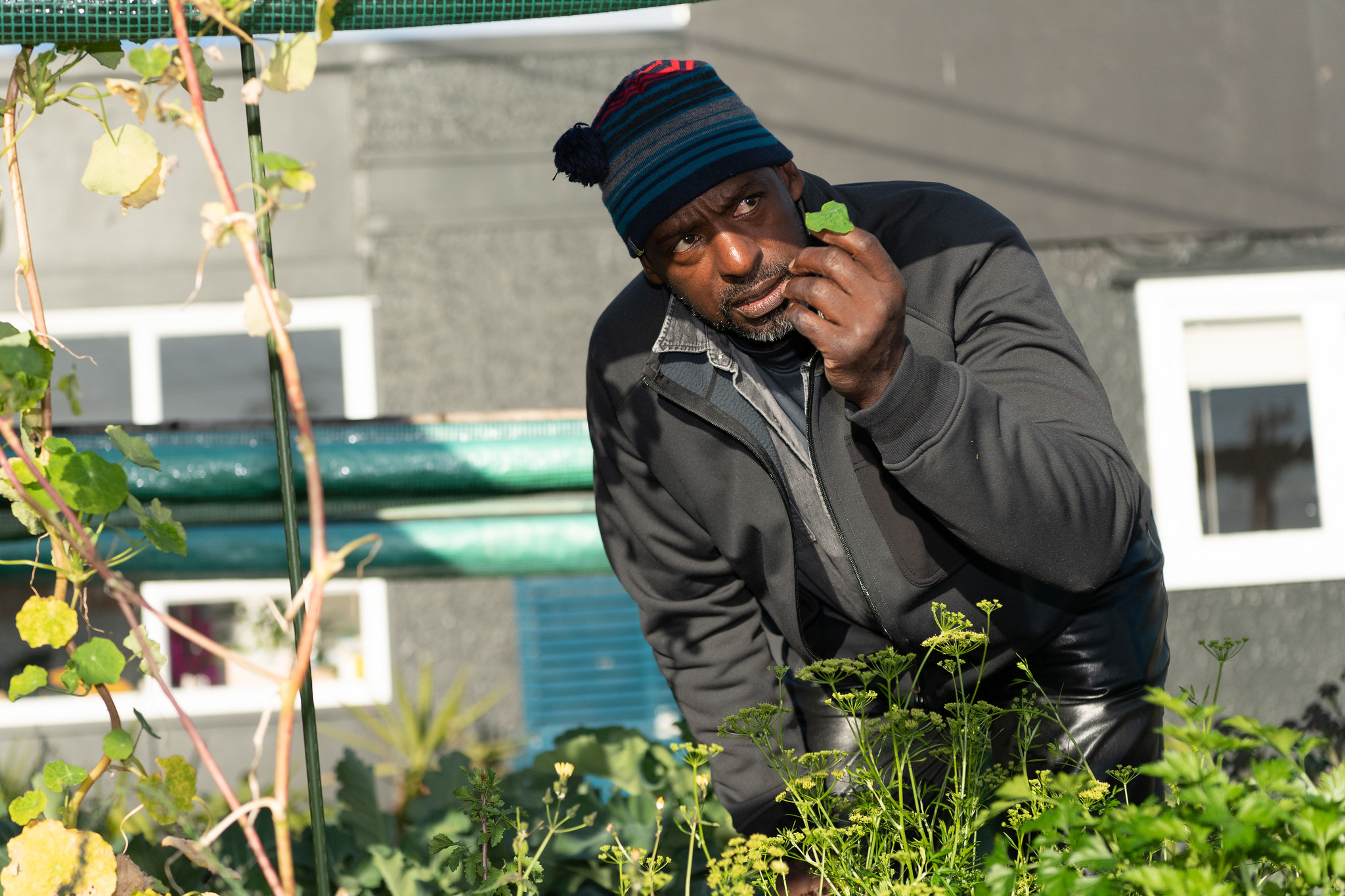
Fondly known as the Gangsta Gardener of Los Angeles, Ron Finley is dedicated to turning food deserts into fertile oases that feed the community. He planted his first “guerrilla garden” virtually in his own backyard of South Central, fully rehabilitating a strip of dead grass with squash, cabbage, and sunflowers. He now records Master Classes to share his agricultural philosophy and skills widely.
Devona Stevenson
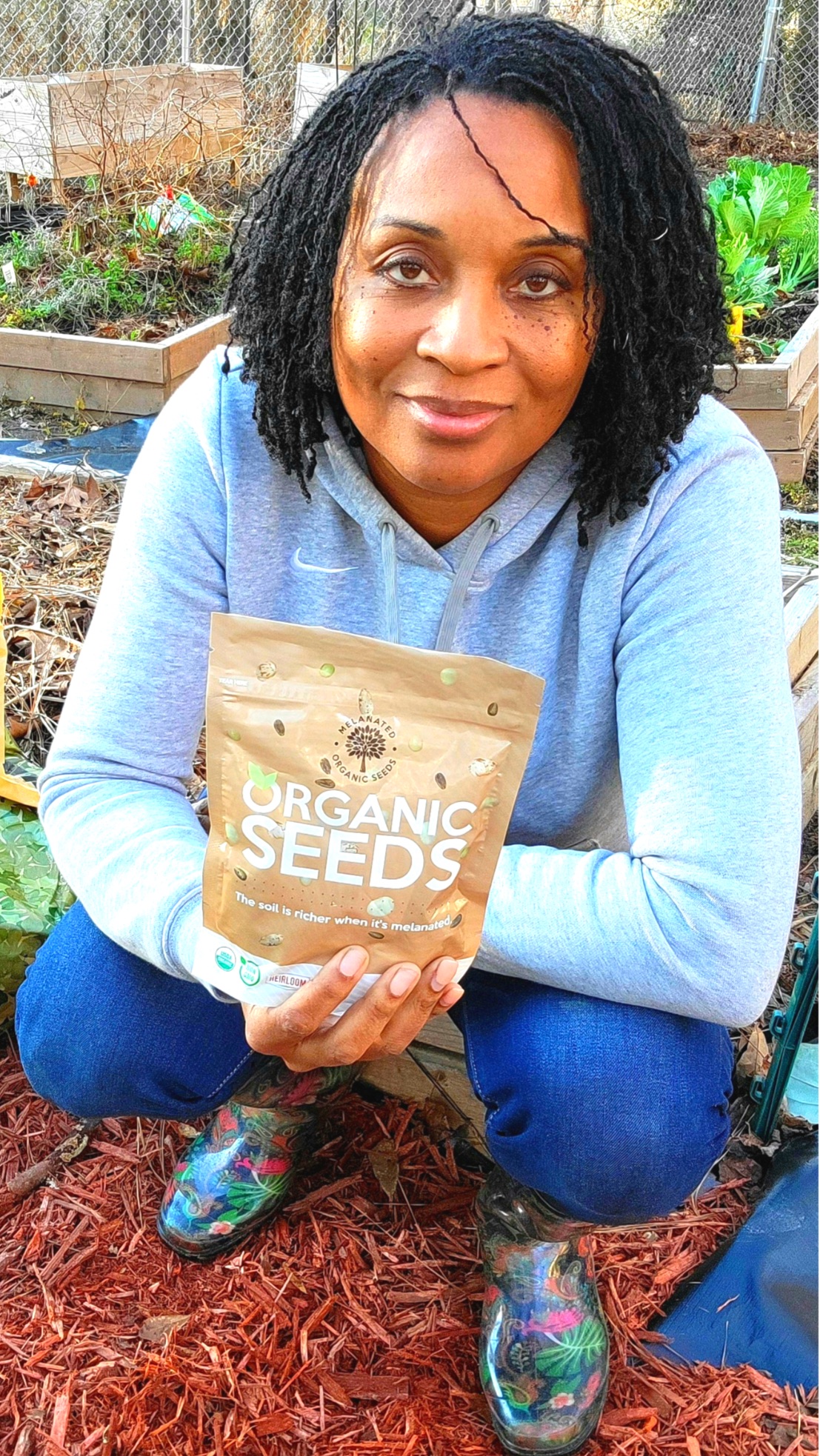
Although Devona Stevenson took up gardening as a personal pursuit, she was compelled to branch out during the pandemic, launching Melanated Organics. Once her business got off the ground, Stevenson started posting gardening trips on Instagram to inspire and educate others. Most recently, she elected to uproot herself from her native Florida to almost 2 acres in Georgia, where she’ll have more room to sow, grow, and harvest her own food.
